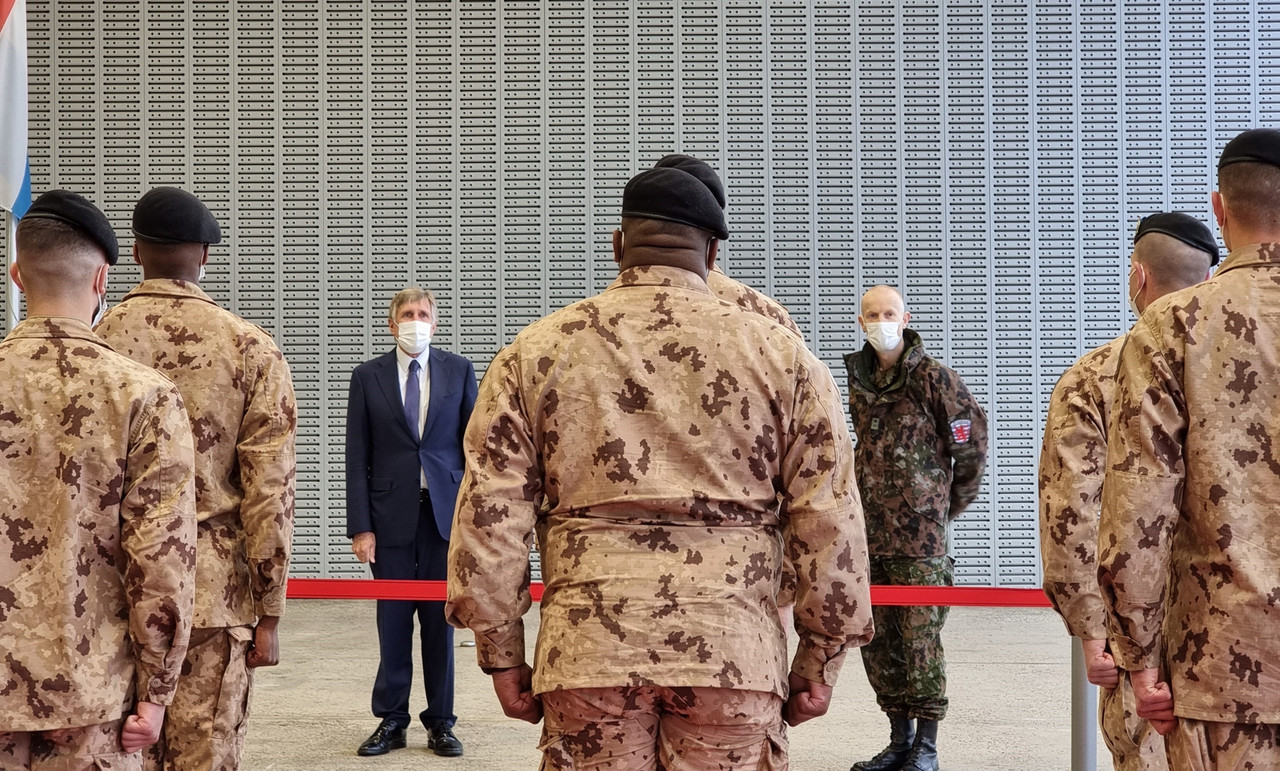Bausch in June to deploy one officer and one non-commissioned officer to Iraq as part of the Nato Mission Iraq, a non-combat mission that aims to strengthen the country’s security institutions and forces to prevent the return of Isis, fight terrorism and stabilize the country.
On 20 September he specified that only one person would be deployed per rotation. The mission will take 25 months in total and cost €141,000.
In addition, the minister announced that Luxembourg would participate in the European Union Training Mission in Mozambique. This will be limited to just two weeks and cost €70,400 with two teams of two people dispatched to set up satellite communications equipment and train local forces to use them.
The Luxembourg soldiers will be stationed away from conflict zones, Bausch said, adding that they would not take part in combat activities.
A majority of lawmakers of the defence and foreign affairs committees agreed with plans for Luxembourg to participate in the missions, a statement issued by the parliament said.
Luxembourg in May to Mali as part of an EU training mission that aims to restore peace and stability in Mali and contribute to safety in the Sahel region, following a 2012 coup and jihadist uprisings in the country’s north.
A second coup--less than a decade after the one in 2012--ousted president Ibrahim Boubacar Keïta in August 2020. Mali’s new military leaders in September agreed to an 18-month transition government until elections can take place.
The deployments to Iraq and Mozambique come after Luxembourg withdrew two of its soldiers from Afghanistan earlier this year amid the departure of Nato troops from the country, which has resulted in a Taliban takeover of the government.
Luxembourg’ participation in the mission counts towards its defence spending, which trails a 2% of GDP spending pledge made by all Nato members. The grand duchy spends around 0.6% of GDP on its military with plans to get this amount up to 0.72% by 2024.
As part of its spending drive, Luxembourg has invested in a and an transport aircraft. It has plans to spend €367m on new , boost army recruitment and is co-funding a multinational . It is also mulling setting up a .
In August, the government set to establish a joint reconnaissance battalion together with the Belgian military.
